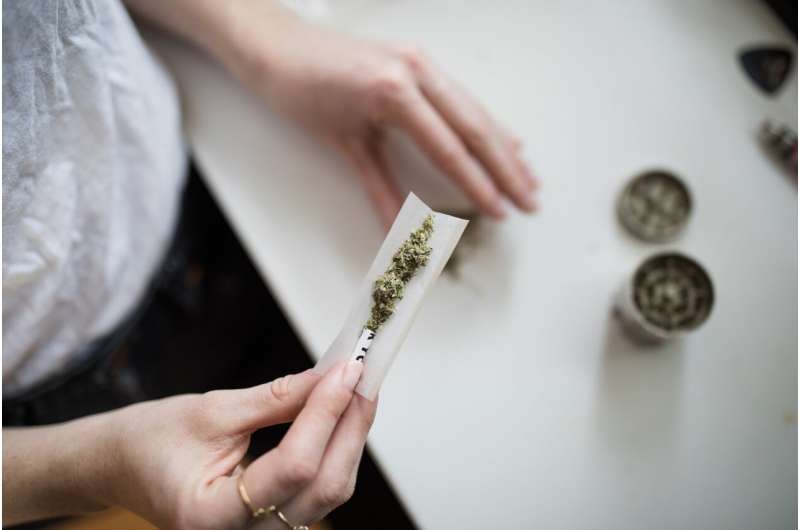Study Shows Cannabis Legalization Can Reduce Problematic Use, Especially in Poly-Substance Users

A recent study conducted by researchers in Basel, Switzerland, explores how legal access to cannabis influences consumption habits and mental health outcomes. As part of the Weed Care project, the investigation directly compared cannabis procurement through legal channels versus illegal sources. The study involved approximately 370 participants who were randomly assigned to two groups: one allowed to purchase cannabis legally from participating pharmacies with counseling options, and another continuing to buy from the black market.
Published in the journal Addiction, the research examines longstanding debates surrounding cannabis legalization. Proponents argue that legal supply channels can diminish illegal markets, offer safer products, and promote lower-risk consumption behaviors. Conversely, critics worry that legalization might normalize cannabis use, potentially increasing addiction rates and mental health issues.
During the initial six months, findings indicated a slight decrease in problematic cannabis consumption within the group that purchased legally. Problematic use was defined as consumption that leads to or worsens health, social, or psychological issues, regardless of dependency status. Notably, among individuals using other substances alongside cannabis, the reduction was more significant, suggesting that legal access may particularly benefit poly-substance users.
Importantly, the study did not find evidence that legalization heightened mental health symptoms such as depression or anxiety; mental health indicators remained stable across both groups. After six months, participants initially still buying from the black market gained legal access through pharmacies, which was part of the study design to assess long-term impacts.
A two-year follow-up shows that mental health has significantly improved for participants still engaged in the program. Expert insights from Professor Marc Walter highlight that legal access reduces the burden on consumers, potentially leading to better health outcomes.
Led by Dr. Lavinia Baltes-Flueckiger, the study emphasizes that this controlled, randomized approach offers new insights into cannabis regulation's effects, contrasting previous observational studies. The evidence suggests that legal markets could contribute to reducing problematic use without increasing mental health risks.
For more detailed results and analysis, see the full publication here: DOI: 10.1111/add.70080.
Stay Updated with Mia's Feed
Get the latest health & wellness insights delivered straight to your inbox.
Related Articles
Study Reveals Patients with Poorer Health Are Less Trusting of Medical AI
A large international study reveals that patients with poorer health are significantly less likely to trust and accept the use of AI in medical care, highlighting the need for explainability and transparency in AI applications.
Groundbreaking Research in Fruit Flies Suggests Brain Proteins Could Promote Healthy Aging
New research from National Taiwan University reveals that regulating brain proteins in fruit flies can extend lifespan and protect neurons, offering insights into healthy aging and neurodegenerative disease prevention.
Updated Recommendations: COVID-19 Vaccines No Longer Suggested for Healthy Children and Pregnant Women
In 2025, health authorities announced that COVID-19 vaccines are no longer routinely recommended for healthy children and pregnant women, shifting focus to high-risk groups amid evolving evidence and regulatory changes.



